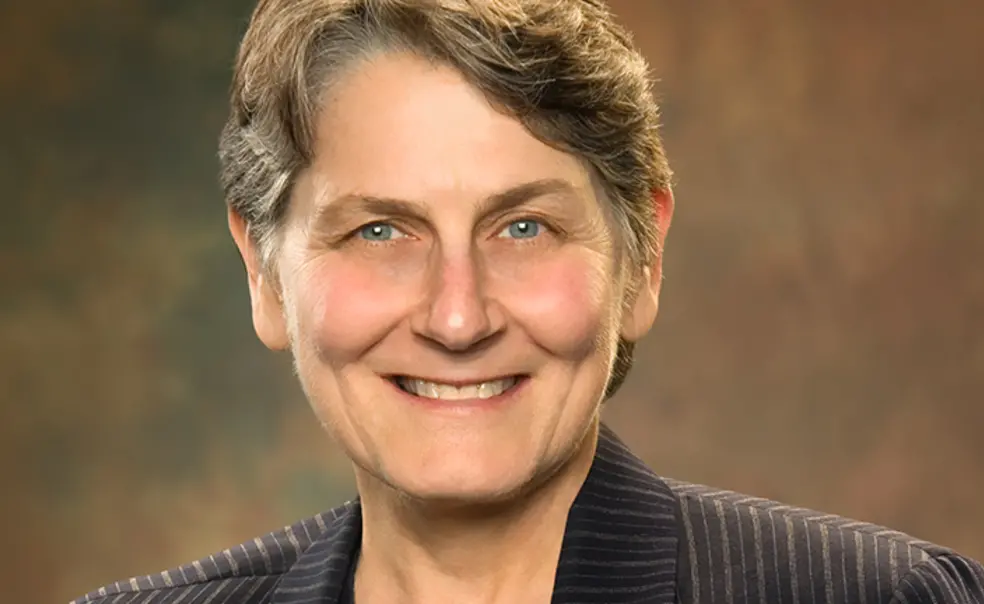Newsmakers Q&A: Attorney Abby Rubenfeld ’75 Fights Tennessee Drag Ban
Abby Rubenfeld ’75 is a top attorney in the field of LGBTQ family law and civil rights issues who worked on the cases that legalized same-sex marriage. This year she has rallied against lawmakers’ plans in her state, Tennessee, to ban drag shows, and testified before the state legislature on behalf of the Tennessee Pride Chamber, of which she’s a member. The legislation has since passed, and now Rubenfeld is planning to fight it in court.
When does the law go into effect?
The law goes into effect April 1. It was originally for July 1, but I think it changed because somebody must have realized that the whole point of the law is to subtract drag shows, to stop Pride events (June is Pride Month), and not going into effect until July, the state will miss that.
Can you challenge it?
There are two ways to challenge the constitutionality of a statute. One is called a facial challenge, where you just look at it and say, this is completely unconstitutional. That’s a harder way to challenge it. The other way is as applied — somebody gets arrested for doing whatever. It seems we are going to have to wait until it’s applied to someone.
The issue with this statute is that it’s constructed in a way that’s kind of amending and adding to obscenity laws that have been upheld as constitutional, even though (those laws are) incredibly vague. The U.S. Supreme Court and Tennessee are pretty conservative, which make it harder to challenge.
There is a second part of the law adding that having a drag performance in a public place, like a park where you would have a Pride event, can be criminal if it’s sexualized behavior, which, of course, is criminal anyway. You can be arrested, and the first arrest is a misdemeanor. Second arrest is a felony.
I don’t know if this will pass, but there is another bill to make drag performers be licensed. If a country singer comes to town to sing, they don’t have to be licensed to perform. Why would a drag performer have to? It’s their livelihood. That is what they’re going after.
Why are you challenging this law?
I’m just trying to make sure everything gets covered because I live here, and I’m affected by all this.
Right now, drag performers at a show bar aren’t covered by this law, but they’re covered by traditional, cabaret law. And if they engage in what’s considered obscene behavior, they can be arrested. This new one is adding restrictions and rules. I wonder why they are enforcing this kind of stuff against gay people, but not against the WWE and the wrestling. Because they do engage in sexualized behavior and violence, and they welcome children, and they’re half dressed. So why is that OK?
A drag show is for fun, it is art. And somebody could say their child was offended, and then the drag performer could be arrested. Nobody’s ever been arrested. Nobody’s ever been hurt. No kids ever complained about a drag show in Tennessee.
The bill is achieving its purpose, which is to kill speech and behavior and attack the LGBT community. That’s the whole point of this bill.
—Interview conducted and condensed by Nicholas DeVito
If you were recently in the news, PAW would like to know about it. Email us at paw@princeton.edu.










No responses yet